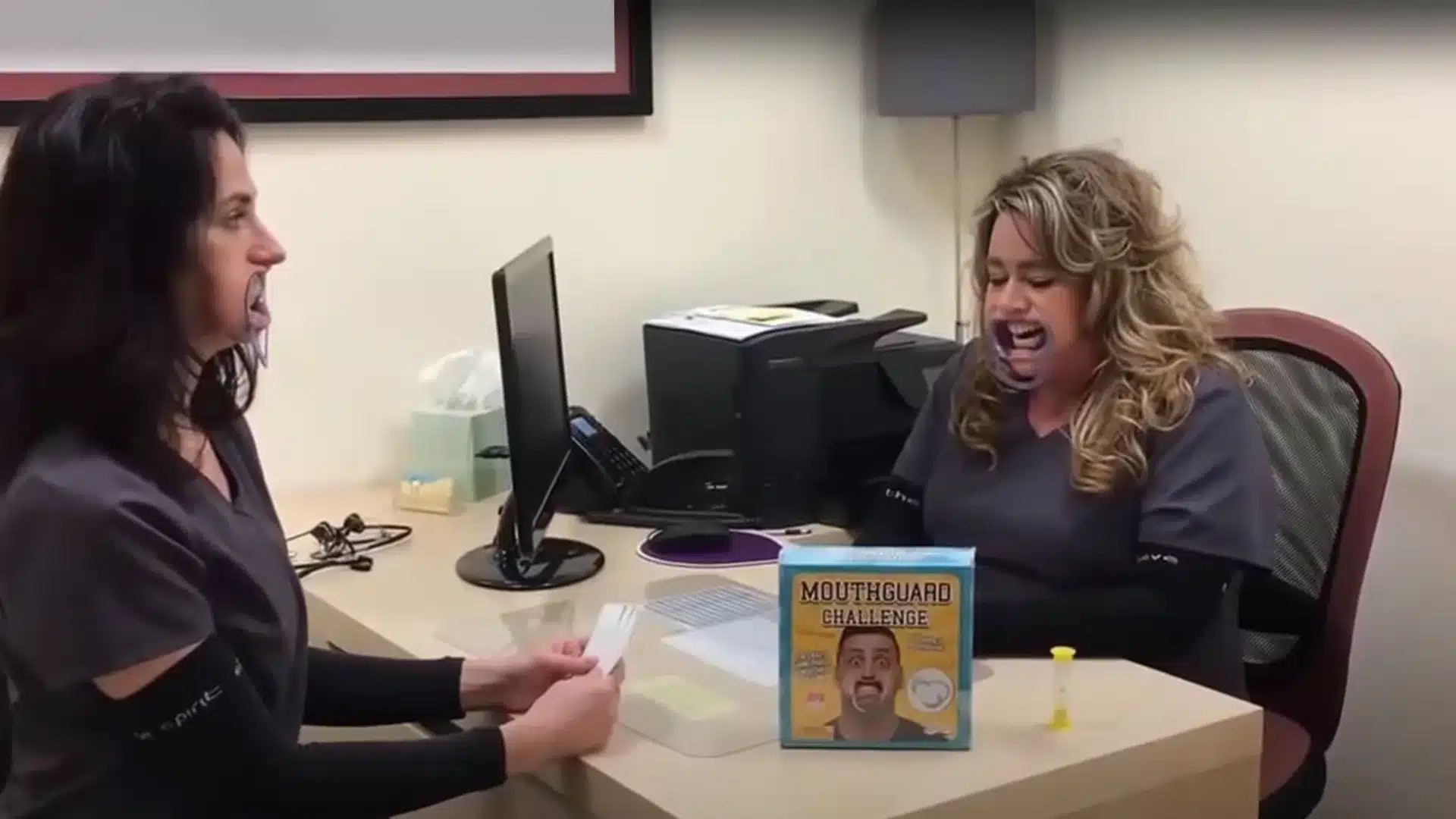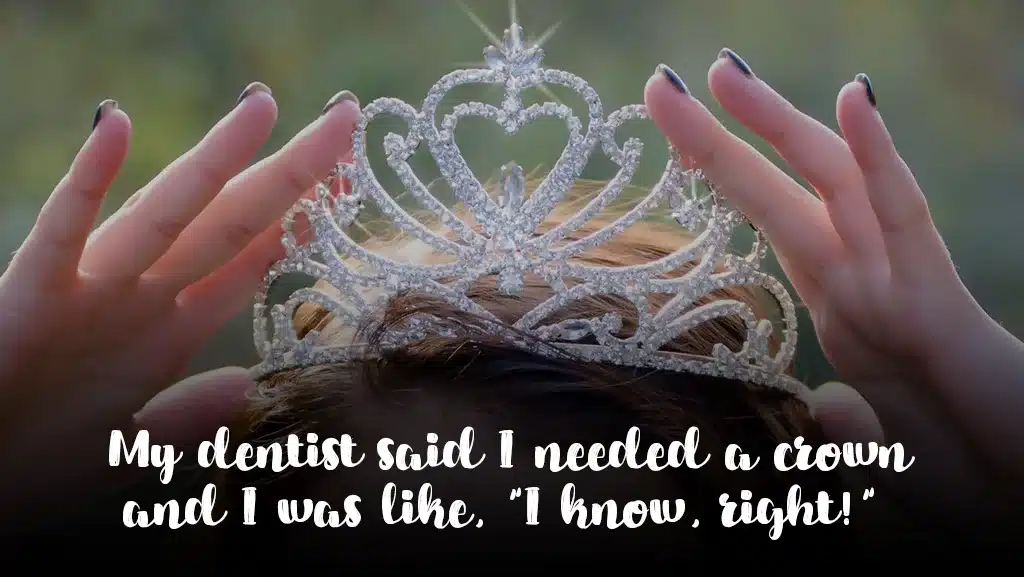Often, oral health in kids goes for a toss. The thought that ‘these are milk teeth and will fall one day’ attitude may result in dental problems in your kids.
Dental and oral disorders can have a profound impact on children, and the burden of untreated dental health problems is substantial. Untreated dental decay (cavities) can result in pain, infection, tooth loss, difficulty eating or speaking, and poor appearance, all of which present challenges for maintaining self-esteem and attentiveness to learning. In fact, it also affects their sleep and play. We give you six dental conditions that shouldn’t be ignored in your toddler…
Cavities
A cavity develops when a tooth or part of a tooth gets infected with bacteria and breaks down. It develops a hole that can grow bigger and deeper as it progresses. The three main factors involved in tooth decay are: the tooth, carbohydrates or sticky foods and plaque or bacteria. A combination of these factors leads to the formation of cavities.
It is very important to detect a cavity as soon as possible, as tooth decay spreads very rapidly in children. It can be easily detected by the parents by looking in the child’s mouth in good day light. Decay is seen as a black or brown spot on the tooth.
The American Academy of Paediatric Dentistry currently recommends that all children have their first preventive dental visit by age one. The reason? Early dental visits will reduce the risk of your child developing cavities. This leads to improved oral health throughout childhood, and reduces oral health costs.
Baby bottle tooth decay
Baby bottle tooth decay (also called early childhood caries, nursing caries, and nursing bottle syndrome) occurs when a baby’s teeth are in frequent contact with sugars from liquid carbohydrates, such as fruit juices, milk, formula, or any other sweet drink. Human breast milk can cause tooth decay, as well. As these liquids break down in the mouth into simple sugars and are allowed to sit in the mouth, bacteria start feeding on the sugars, causing tooth decay.
If left untreated, decayed teeth can cause pain and make it difficult to chew and eat. Also, baby teeth serve as “space savers” for adult teeth. If damaged or destroyed, they can’t help guide permanent teeth into their proper position, possibly resulting in crowded or crooked permanent teeth.
This can be prevented by very simple habits. Do not put your baby to bed with a bottle filled with sugary liquids, and clean the child’s mouth after every feed.
Medicine induced dental decay
Medicinal caries is one of the least recognized side effects of pediatric medication that contributes much of dental morbidity in infants and children. It is accepted worldwide that severe dental caries is seen in children under medication for chronic diseases, thus adding to their existing burden of illness.
Pharmaceutical preparations have a mean sugar content of 55% to make them more palatable and to mask the unpleasant taste of drugs. Unfortunately, sugar is considered to be the arch criminal of dental caries.
Prevention syrups that use xylitol as a sweetener (that is far less caries inducing) should be opted for. And the child should gargle with water after taking the medicine.
Thumb sucking
Thumb or finger sucking is the most common habit seen in children. Sucking is a natural reflex and it is shown that even in the mother’s womb, a child may suck their thumb. If the habit is occasional the parents should not worry.
Most children suck their thumb/finger till around the age of 4. If a child continues the habit beyond this, it needs to be addressed as it can lead to dental problems such as flaring of front teeth and altered growth of the face. It also may lead to speech problems.
To avoid all these problems, the parents and pediatric dentist must get involved and try to stop the habit before the side effects set in.
Avulsion
Tooth injuries are common occurrences in children. An avulsed tooth is one that is completely knocked out of its socket. Children especially between the ages of 7-9 years are more prone to avulsion of the upper front permanent teeth. This may be the result of falls, collisions, sports activities or motor vehicle accidents.
Tooth avulsion can be extremely traumatic and frightening to the child, parent, teacher and even the by-stander. Quick and appropriate actions at the site of the accident can result in the tooth being ‘saved’ for a considerable period of time. It can prevent early loss of the tooth during the important growth and development period of the child.
First aid for an avulsed tooth
Calm the child down. With a clean cloth or piece of cotton stop the bleeding by applying pressure. Do not touch the root of the tooth. Handle the tooth by the crown only. Rinse the tooth off only if there is dirt covering it. Do not scrub or scrape the tooth. Take the child to a dentist for evaluation and treatment immediately.
Early tooth loss
Premature loss of a child’s primary teeth typically occurs due to tooth decay, injury, or lack of jaw space.
If teeth are lost before the permanent teeth emerge, the nearby teeth can tip or shift into the space now unoccupied. When a permanent tooth tries to emerge into its space, there may not be enough room. The new tooth may emerge tilted. Crooked or misaligned teeth can cause a range of problems, from interfering with proper chewing to causing temporomandibular joint problems.
If your child loses a tooth prematurely, your pediatric dentist may recommend a space maintainer. A space maintainer is a plastic or metal device that holds open the space left by the missing tooth. Your dentist will remove the device once the permanent tooth erupts.
At Drews Dental we only use the most up-to-date modern cosmetic dentistry tools. The appearance of your teeth, face, and smile mean the world to us that’s why every single patient is treated and evaluated differently; to fit their personal needs. We want you to be impressed when you enter our office and know you will be when your treatment is complete. We have many satisfied clients in both Auburn and Lewiston.



